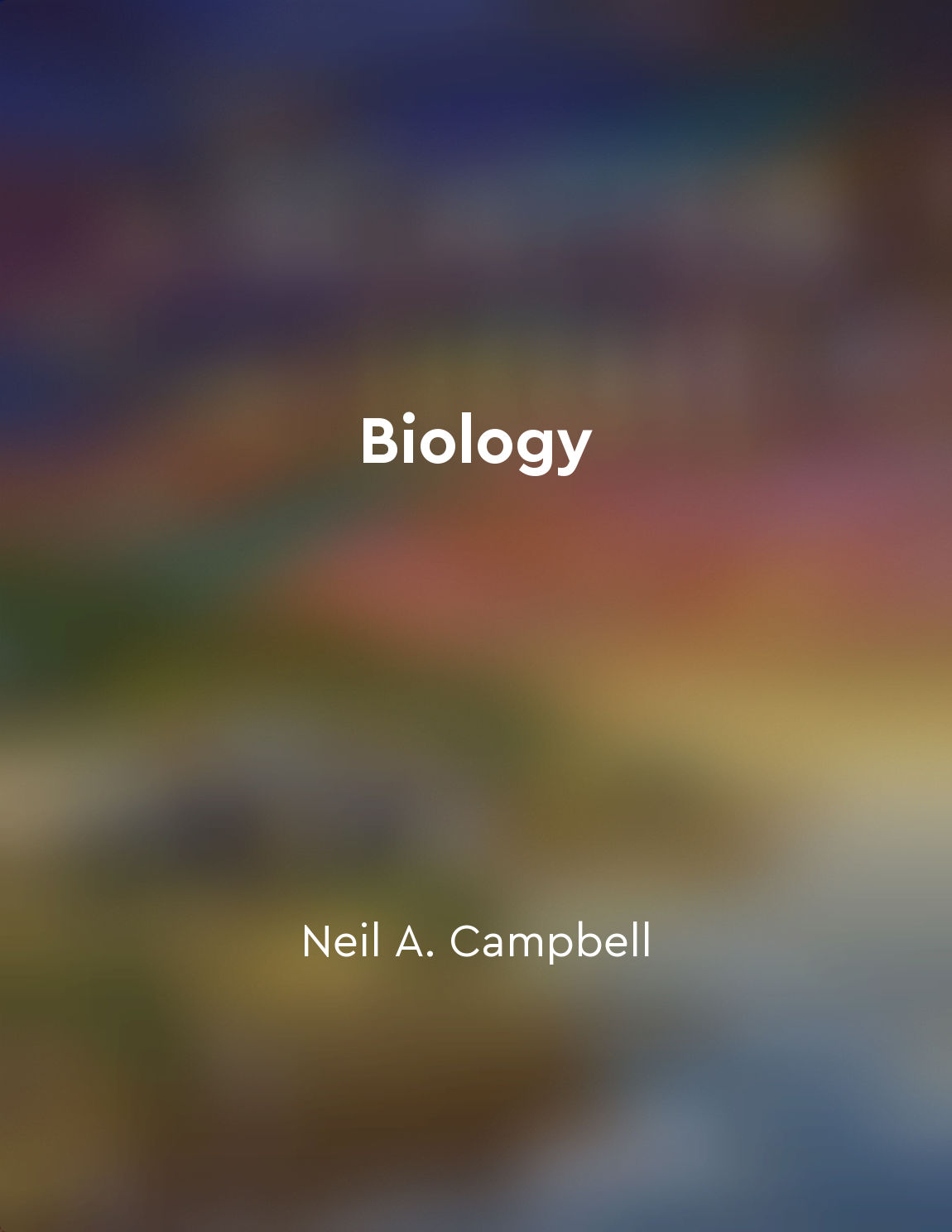Seed banks are essential repositories of biodiversity for future generations from "summary" of Seeds of Science by Mark Lynas
Seed banks are often described as 'arks' or 'fortresses' for plant life, safeguarding the genetic diversity of the world's flora for future generations. These repositories of biodiversity play a crucial role in ensuring the resilience and adaptability of crops in the face of climate change, pests, and diseases. By storing seeds from a wide variety of plant species, seed banks are essentially preserving the building blocks of our food supply. The importance of seed banks lies not only in their role as insurance against unforeseen environmental challenges but also in their potential to unlock the genetic potential of plants for future agricultural development. With advances in biotechnology and genomics, scientists are able to study the genetic makeup of seeds stored in seed banks to identify traits that could be beneficial for breeding new crop...Similar Posts
We have the power to change the course of the sixth extinction
The idea that we hold the ability to alter the trajectory of the sixth extinction is a powerful one. It suggests that despite t...
Investing in research and development for innovation
Investing in research and development for innovation is crucial for driving progress and addressing the challenges faced by the...
Climate change is not a problem that can be solved by individual actions alone
The idea that individual actions alone can solve the problem of climate change is a seductive one. It suggests that if we all j...
Crop monocultures deplete soil nutrients and harm biodiversity
The problem of monoculture is that it represents an extreme form of simplification. When you plant a single crop over a large a...
The role of education in promoting environmental awareness
Education plays a crucial role in shaping people's awareness of environmental issues. By incorporating environmental education ...
Protected Areas
Protected areas are designated spaces that are managed to conserve natural resources and biodiversity. These areas can include ...
The food industry relies heavily on corn
Corn has become the keystone of the modern food industry. It is the primary ingredient in a vast number of processed foods, fro...

Farmers markets support local economy
Farmers markets are a vital component of local economies, providing a direct avenue for consumers to purchase fresh, locally gr...

Community ecology
Community ecology examines how interactions between species, such as predation and competition, affect community structure and ...
Sustainable lifestyles promote wellbeing
Sustainable lifestyles are not just about reducing our carbon footprint or consuming less. They are about finding a way of livi...
